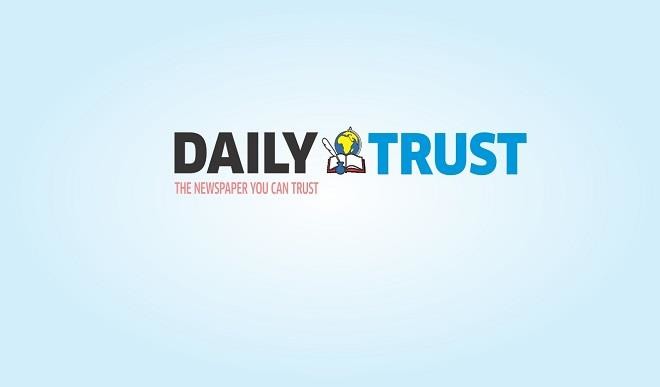Crowdfunded small-press prize announces inaugural shortlist
A prize designed to reward “brave, bold and brilliant” literature from small presses that raised its purse from crowdfunding has announced its inaugural shortlist of eight titles. The Republic of Consciousness prize was set up by award-winning novelist Neil Griffiths with a personal donation of £2,000. Open to imprints based in the UK, Commonwealth and […]


A prize designed to reward “brave, bold and brilliant” literature from small presses that raised its purse from crowdfunding has announced its inaugural shortlist of eight titles.
The Republic of Consciousness prize was set up by award-winning novelist Neil Griffiths with a personal donation of £2,000. Open to imprints based in the UK, Commonwealth and Ireland, short-form and long-form fiction is eligible for the award, which splits the prize money between the winning authors and their publishers.
The prize, unlike many larger awards, did not charge publishers an entry fee, in the hopes of encouraging publishers that would not normally step forward. Earlier in January, several literary agents and publishing figures told the Guardian that independent publishers willing to take risks on “difficult” works were unable to experience the commercial benefits of being listed for awards because of prohibitive entry costs.
An even mixture of novels and short-form fiction features on the eight-book shortlist, which was announced by Griffiths at an event at Waterstones Piccadilly in London on Wednesday evening.
Judged by booksellers, the four shortlisted novels range from the “deceptively simple” Born on a Tuesday by Elnathan John, published by Cassava Republic, to Anakana Schofield’s Martin John, an And Other Stories book that Griffiths called “a novel of formal ingenuity”. Paul Stanbridge’s Forbidden Line, published by Galley Beggar, was described by Griffiths as Don Quixote meets Wittgenstein and late Heidegger and shortlisted alongside Irish author Mike McCormack’s “unassertively profound” Solar Bones, published by Tramp Press.
Diane Williams’s Fine, Fine, Fine, Fine, Fine (CB Editions) led an equally diverse choice of short-story collections. Griffiths said of the Williams: “No other writer so convinces us that none of us really sees the world as others do.”
Last year’s BBC national short story prize winner KJ Orr’s debut collection Light Box (Daunt Books) was compared to James Salter’s work, while John Keene’s Counternarratives (Fitzcarraldo Editions) was deemed “a work of great distinction, a once in a generation addition to short-form fiction”.
The final pick was Treats by Lara Williams (Freight Books), a series of stories about women in their mid-to-late 20s. “Every story has an edge, an unexpected slant, a truth-seeking glance that forswears easy answers and creates a subtle ambiguity that forces us to doubt that happiness and contentment is around the corner for anyone,” Griffiths said.
Griffiths founded the prize to acknowledge the role of small presses in keeping alive high-end literary fiction that operated outside genres and struggled to find homes in large conglomerate publishers.
The Costa-shortlisted author had initially tried to fund the prize through crowdfunding website Kickstarter, but was unable to as the site “does not support causes”. The final £7,000 prize pot was raised by raffling £10 tickets online. In return for a £10 pledge, donors could win a bundle of books by British and Irish presses.
Announcing the award last year, Griffiths said: “These small presses are doing it often for the love of super-niche books, whether they’re in translation or highly literary … We always hear about independent booksellers being under threat, but it’s essentially the same story for these publishers, [and] they’re even more vulnerable.”
Source: Gaurdian.com
